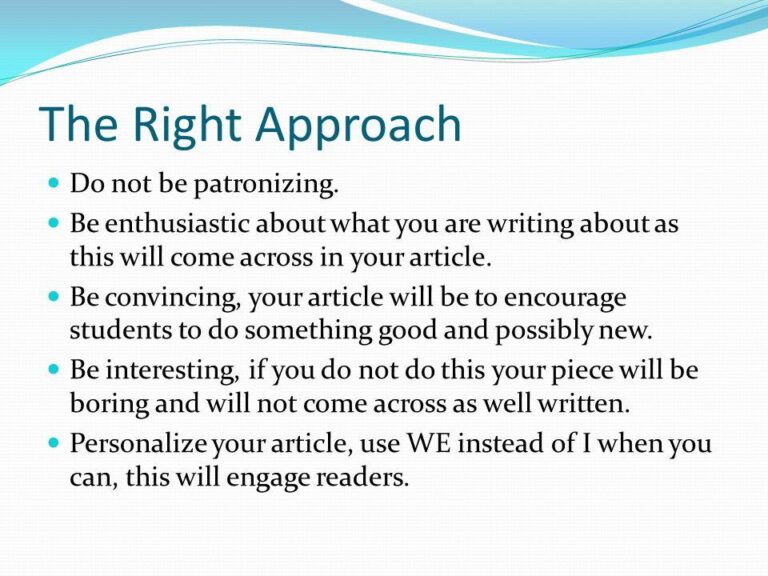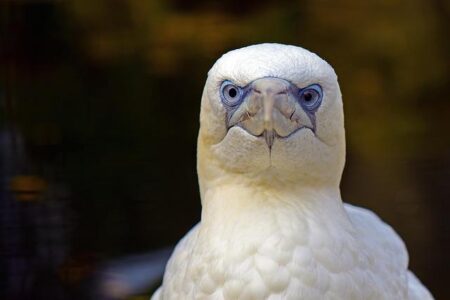Eswatini’s Diplomatic Pursuit for the AU Agriculture Commissioner Role
In a strategic diplomatic maneuver, Eswatini has reached out to Ugandan President Yoweri Museveni to seek his support for its candidate aspiring to become the African Union (AU) Commissioner for Agriculture. As the AU gears up for new leadership appointments, Eswatini is keen on building alliances that could bolster its prospects in this crucial position, which is vital in addressing pressing agricultural challenges across Africa. This initiative not only showcases Eswatini’s proactive approach in securing influential roles within the AU but also underscores the intricate political relationships that shape governance across the continent. With competition heating up, all eyes will be on Museveni and his potential sway over other leaders.
Eswatini Seeks Museveni’s Support for Key AU Position
During a important diplomatic mission, representatives from Eswatini have made notable strides in garnering support from President Yoweri Museveni of Uganda for their candidate targeting the esteemed role of AU Commissioner for Agriculture. This position is critical as it aims to promote agricultural advancement throughout Africa—a pressing issue amid escalating food insecurity exacerbated by climate change and rising global food prices. In its outreach strategy, Eswatini has emphasized their candidate’s extensive experience and innovative approaches designed to transform agriculture into a lasting sector.
Apart from seeking Museveni’s endorsement, officials from Eswatini have outlined several potential benefits linked with supporting their nominee:
- Sustainable Food Security: Addressing urgent needs through eco-friendly farming practices.
- Economic Growth: Fostering agro-industrial development across Africa.
- Regional Collaboration: Encouraging partnerships and initiatives among neighboring countries.
The objective extends beyond merely winning elections; it aims at fostering a collaborative environment among AU member states as they tackle shared agricultural challenges. This initiative reflects Eswatini’s commitment to active participation within the AU framework while striving towards collective efforts aimed at enhancing agricultural resilience throughout Africa.
The Importance of Strategic Alliances in Eswatini’s Campaign
The pursuit of backing from regional leaders like Uganda’s President Yoweri Museveni highlights how essential strategic partnerships are in bolstering Eswatini’s position within the African Union. The quest for an agriculture commissioner not only signifies Eswatini’s commitment to improving continental agricultural policies but also emphasizes broader implications regarding collaboration among african nations. By securing endorsements from influential figures such as Museveni, Eswatini hopes to leverage Uganda’s influence within the AU—potentially swaying votes favorably toward its candidate. This tactic exemplifies traditional diplomatic strategies where endorsements can substantially enhance visibility and credibility on a continental level.
This type of alliance can reshape governance dynamics throughout Africa—especially advantageous for smaller nations like Eswatini. The collaborative benefits derived from united efforts may lead to shared resources, knowledge exchange, and advocacy opportunities that amplify voices frequently enough overlooked during discussions at the AU level.To effectively achieve these goals moving forward, it is indeed likely that future diplomatic engagements by Eswatini will focus on:
- Agricultural Sustainability Initiatives: Launching joint projects centered around food security and environmentally friendly practices.
- Cohesive Regional Strategies: Forming partnerships with neighboring Eastern African countries.
- Pushing Unified Policy Agendas: Developing collective legislative objectives within an AU context.
Evaluating Regional cooperation Impact on Agricultural Development Across Africa
African regional cooperation emerges as a pivotal factor driving advancements in agriculture while significantly affecting both food security levels and economic growth trajectories across nations. Recent interactions between Uganda and Eswatini regarding this candidacy underscore how vital unified strategies are when confronting common challenges faced by countries throughout africa. Through such collaborations,nations can share knowledge along with technological innovations necesary for fostering sustainable farming practices—ultimately boosting productivity while enhancing resilience against climate-related adversities.
If other nations rally behind similar support initiatives proposed by Uganda concerning es wat ini ’ s candidacy , there exists potentiality leading towards broader coalitions prioritizing comprehensive reforms targeting improvements within agriculture sectors continent-wide. Key areas ripe with chance include :
- Research & Development: Collaborative ventures could yield innovations tailored specifically addressing local agrarian hurdles .
Â- Infrastructure Investment: Joint actions may attract funding directed toward vital enhancements related transport , storage , irrigation systems .
Â- Market Accessibility: strengthened alliances might unlock new market avenues benefiting farmers economically .
ÂCountry Support Status Potential Benefits Es wat ini Candidate
     Â
   Â
   Â
   Â
 Â
 Â
 Â
 Â
 Â
 Â
 Â
 Â
 Â
 Âenhanced visibility within A U Uganda Supportive Access collaborative agri cultural initiatives. The partnership dynamics between Uganda and es wat ini could inspire other African nations toward similar cooperative endeavors focusing primarily around agriculture sectors . Given current climatic pressures alongside increasing demands surrounding food production sustainability efforts must prioritize research infrastructure development market accessibility ensuring long-term viability future prospects overall success achieving these goals requires collective action amongst all stakeholders involved working together harmoniously creating solutions capable tackling immediate concerns positioning themselves competitively global landscape.
Conclusion: es wat ini ’ s outreach directed towards Ugandan leader signals intent strategically positioning itself race competing against formidable contenders vying after coveted post overseeing entire region ’ s agrarian policies shaping future outcomes impacting millions lives directly involved industry stakeholders alike closely monitoring developments unfolding ahead elections approaching rapidly highlighting importance forming effective alliances determining success trajectory moving forward .
- Infrastructure Investment: Joint actions may attract funding directed toward vital enhancements related transport , storage , irrigation systems .







